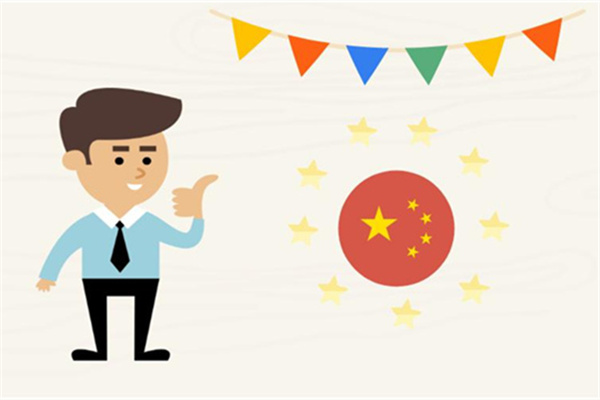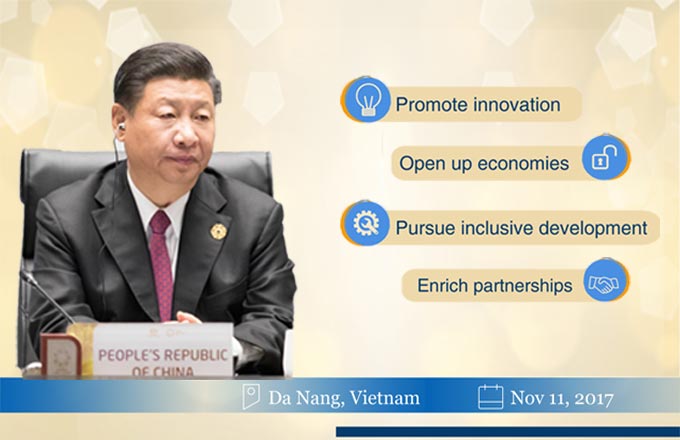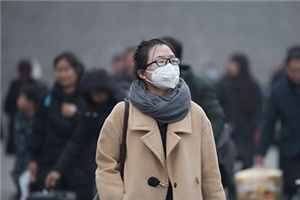'Born again' HIV patients look to brighter future
Above 70,000 people have subscribed, and every day Li receives more than 1,000 inquiries from people who have recently been diagnosed with the disease.
The account has proved an inspiration for A'le, allowing him to reach out, connect with others and get through tough times. In a recent post on the account, he wrote: "Sister Hui's WeChat walked me through the darkest period in my life. I have now been taking 'candies' for a year, and live my life fully every day."
His HIV status was confirmed in a health checkup for his first job after graduation. He quickly felt as though he was "falling from paradise to hell".
Xiaojuan used to think she was a "lucky person". She married her first love, and they immediately set about having a baby. However, during her first pre-pregnancy checkup she was diagnosed with HIV. It turned out that her husband had contracted the disease during an extramarital affair, and he passed it on to Xiaojuan.
She decided to leave her husband, and moved to a new city to "start over".
Reflecting on his HIV, Mingzai said that he "had it coming". He was a drug addict when he was younger, and once even viciously assaulted his parents when they tried to talk him out of his reckless lifestyle. It was only when he became seriously ill, narrowly cheating death after urgent treatment, that he began to change his ways.
Living with disease
As of June, 718,000 people in China had been diagnosed with HIV/AIDS.
"About 20 to 30 percent of infected people are undiagnosed or unaware of their condition," said Han Mengjie, director of the Chinese Center for Disease Control and Prevention.
Under Chinese law, personal information related to people with HIV is confidential and must not be leaked to unauthorized parties. Patients receive free antiretroviral treatment and health checks, and are unable to pass the virus onto children in the womb. Those in poverty are eligible for assistance benefits.
Friday marks the 30th World AIDS Day. Michel Sidibe, executive director of UNAIDS, highlighted "the importance of the right to health and the challenges that people living with and affected by HIV face in fulfilling that right".
The UN has also set an ambitious target called 90-90-90. It aims to ensure that by 2020, 90 percent of all people with the disease will know their status, 90 percent of diagnosed patients will receive sustained antiretroviral therapy, and 90 percent of people receiving antiretroviral therapy will suppress the virus.
Wu Zunyou, head of AIDS and HIV prevention at the Chinese CDC, said the first 90 percent is the key to realizing the full target, because an accurate grasp of HIV infection rates would benefit follow-up treatment and virus control.
"Voluntary testing is the most ideal method, but it depends on improved self-awareness," he said.





















